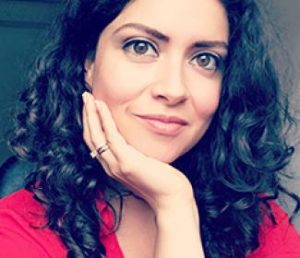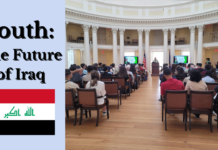Immigration and deportation have been popular topics in the political sphere for awhile, but these issues have been the source of heated debate this past year in particular. Immigration and Customs Enforcement (ICE) has seen unusually high arrest numbers in the Trump administration, and many immigrants are watching as their status in the United States grows increasingly uncertain.

As President Trump has begun tweeting “No More DACA Deal” on social media, possibly resulting in the deportation of thousands, two UVa Law students won a judgment to secure a bond for one father facing deportation. Keyawna Griffith and Jonathan Babcock, UVA Law students in the Immigration Law Clinic worked on the case under the supervision of Deena Sharuk, an attorney at the Legal Aid Justice Center for the Immigration Law Clinic. With numerous immigration cases being presented to the clinic, it is difficult to choose which cases to take, but some aspects of this particular case improved its chances of being heard by the clinic. We spoke to Sharuk about what made this case so notable.
“The Clinic chose to take on this case for multiple reasons including our client’s particular vulnerability, the devastating effects that his detention has had on his family, including his U.S. Citizen child, and the impact that his case could have on similarly situated clients,” she explained.

However, taking a case by no means guarantees an uncomplicated or unproblematic judicial process. Even if the defendant has favorable evidence supporting his or her case, the legal proceeding can involve unpredictable factors and unforeseen hurdles.
“In any bond hearing in Immigration Court, one has to show that a client is eligible for release from detention. This includes showing that our client was not a flight risk, meaning that he or she is likely to return to court for future hearings, and that he or she is not a danger to the community. Our client met that criteria, but that does not mean that securing bond is ever easy,” Sharuk said. “Keyawna and Jonathan worked tirelessly to collect evidence and witness statements to support their bond application. That included visits to the detention facility, coordinating with our client’s family and friends to draft declarations, and legal research and writing to support the bond motion and their arguments in court.”
Sharuk additionally noted that, regardless of current politics, the goal of the clinic remains to secure the constitutional rights of its clients in a court of law.
“While it’s no secret that today’s political climate has left immigrants of all classes feeling less secure in the U.S., it is always important, regardless of any executive policy, to secure the legal rights and protections of any person within the United States,” Sharuk stated. “Non-citizens and citizens alike are endowed with certain protections within the U.S. under federal law and the Constitution.”
The clinic will continue to pursue humanitarian immigration law cases that aid vulnerable individuals in Virginia, hopefully yielding a broad positive impact in legal precedent as a result.
















